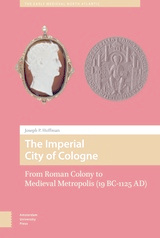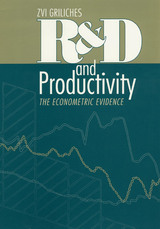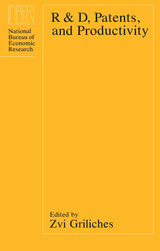


"[A] dazzling book. . . . He has turned out one of the most powerful, as well as one of the most ambitious, art-historical works of the last decade." — Anthony Grafton, New Republic
"Rich and splendid. . . . Joseph Koerner's book is a dazzling display of scholarship, enfolding Durer's artistic achievement within the broader issues of self and salvation, and like [Durer's] great Self-
Portrait it holds up a mirror to the modern fable of identity." — Bruce Boucher, The Times
"Remarkable and densely argued." — Marcia Pointon, British Journal of Aesthetics
"Herculean and brilliant. . . . Will echo in fields beyond the Sixteenth-Century and Art History." — Larry Silver, Sixteenth Century Journal
"May be the most ambitious of recent American reflections on the mysteries of German art. His elegantly written book deals with the fateful period in the history of German art when it reached its highest point. . . . Offers deeper and more disturbing insights into German Renaissance art than most earlier scholarship." — Willibald Sauerlander, New York Review of Books

Zvi Griliches was a modern master of empirical economics. In this short book, he recounts what he and others have learned about the sources of economic growth. This book conveys the way he tackled research problems. For Griliches, economic theorizing without measurement is merely the fashioning of parables, but measurement without theory is blind. Judgment enables one to strike the right balance.
The book begins with economists' first attempts to measure productivity growth systematically in the 1930s. In the mid-1950s these efforts culminated in a startling puzzle. The growth of measured inputs like labor and capital explained only a fraction of the growth of national output. Economists called this phenomenon "efficiency" or "technical change" or "the residual." However, Griliches observes that the most accurate name was a "measure of our ignorance." What explained the rest of economic growth quickly became one of the most important questions in economics.
Over the next thirty years, Griliches and his colleagues and students looked for various components of the residual in education (the formation of human capital), investment (the formation of physical capital), and research and development. In 1973, after the oil price shocks, productivity growth slowed and the residual almost disappeared. Since the shocks were a short-term phenomenon, they could not account for the slowdown. A main focus of this book is therefore the puzzle of the productivity slowdown and how to date it and how to explain it.

Griliches began his studies of productivity growth during the 1950s, adding a variable of "knowledge stock" to traditional production function models, and his work has served as the point of departure for much of the research into R&D and productivity. This collection of essays documents both Griliches's distinguished career as well as the history of this line of thought.
As inputs into production increasingly taking the form of "intellectual capital" and new technologies that are not as easily measured as traditional labor and capital, the methods Griliches has refined and applied to R&D become crucial to understanding today's economy.

READERS
Browse our collection.
PUBLISHERS
See BiblioVault's publisher services.
STUDENT SERVICES
Files for college accessibility offices.
UChicago Accessibility Resources
home | accessibility | search | about | contact us
BiblioVault ® 2001 - 2024
The University of Chicago Press









